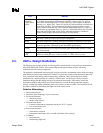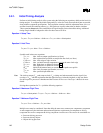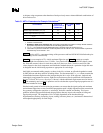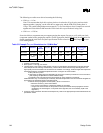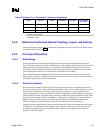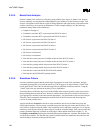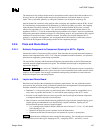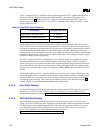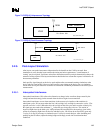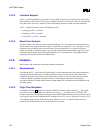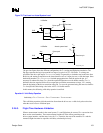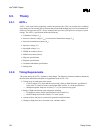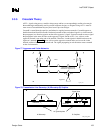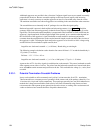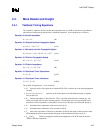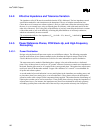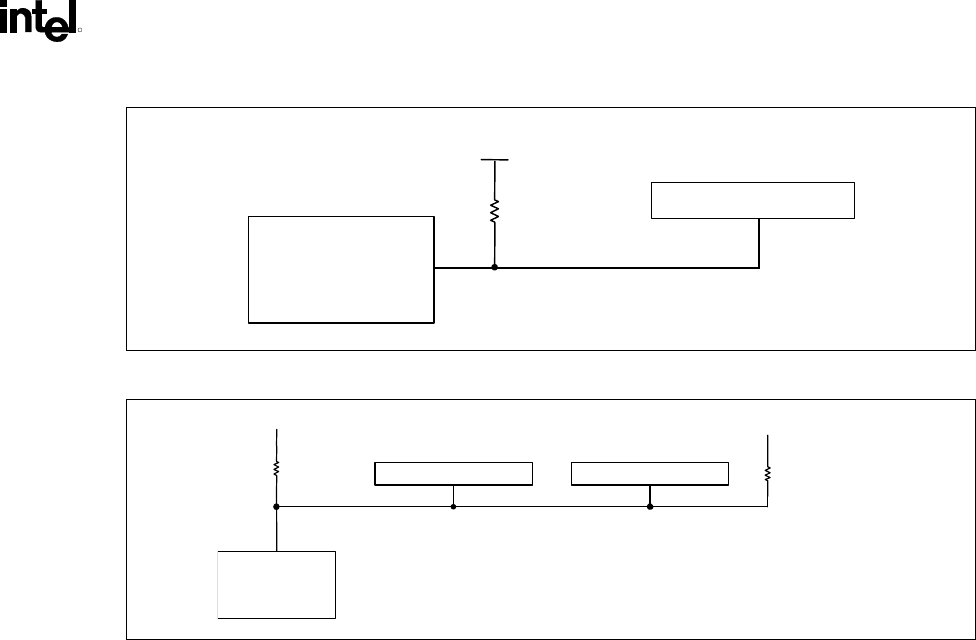
Intel
®
820E Chipset
R
Design Guide 149
Figure 74. PICD[1,0] Uniprocessor Topology
ICH2
Intel
®
PGA370
Z
0
= 60
Ω
± 15%
1.5
150
Ω
picd_uniprocessor_topo
Figure 75. PICD[1,0] Dual-Processor Topology
ICH2
Intel® PGA370
Z
0
= 60 Ω
± 15%
1.5 V
300–330 Ω
Intel PGA370
1.5 V
300 –330 Ω
picd_dual-processor_topo
3.2.5. Post-Layout Simulation
After layout, extract the interconnect information for the board from the CAD layout tools. Run
simulations to verify that the layout satisfies the timing and noise requirements. A small amount of
“tuning” may be required. Experience at Intel has shown that sensitivity analysis dramatically reduces the
amount of tuning required. Post-layout simulations should take into account the expected variation for all
interconnect parameters.
Intel specifies signal integrity at the device pads and therefore recommends running simulations at the
device pads for signal quality. However, Intel specifies core timings at the device pins, so simulation
results at the device pins should be used later to correlate the simulation performance with actual system
measurements.
3.2.5.1. Intersymbol Interference
Intersymbol interference (ISI) refers to the distortion or change in the waveform shape caused by the
voltage and transient energy on the network when the driver begins its next transition.
Intersymbol interference occurs when transitions in the current cycle interfere with transitions in
subsequent cycles. ISI can occur when the line is driven high, low, and high in consecutive cycles. (The
opposite case also is valid.) When the driver drives high on the first cycle and low on the second cycle,
the signal may not settle to the minimum V
OL
before the next rising edge is driven. This results in
improved flight times in the third cycle. Intel performed ISI simulations for the topology given in this
section by comparing flight times for the first and third cycles. ISI effects do not necessarily span only
3 cycles, so it may be necessary to simulate beyond 3 cycles for certain designs. After simulating and
quantifying the ISI effects, adjust the timing budget accordingly to take into consideration these
conditions.



